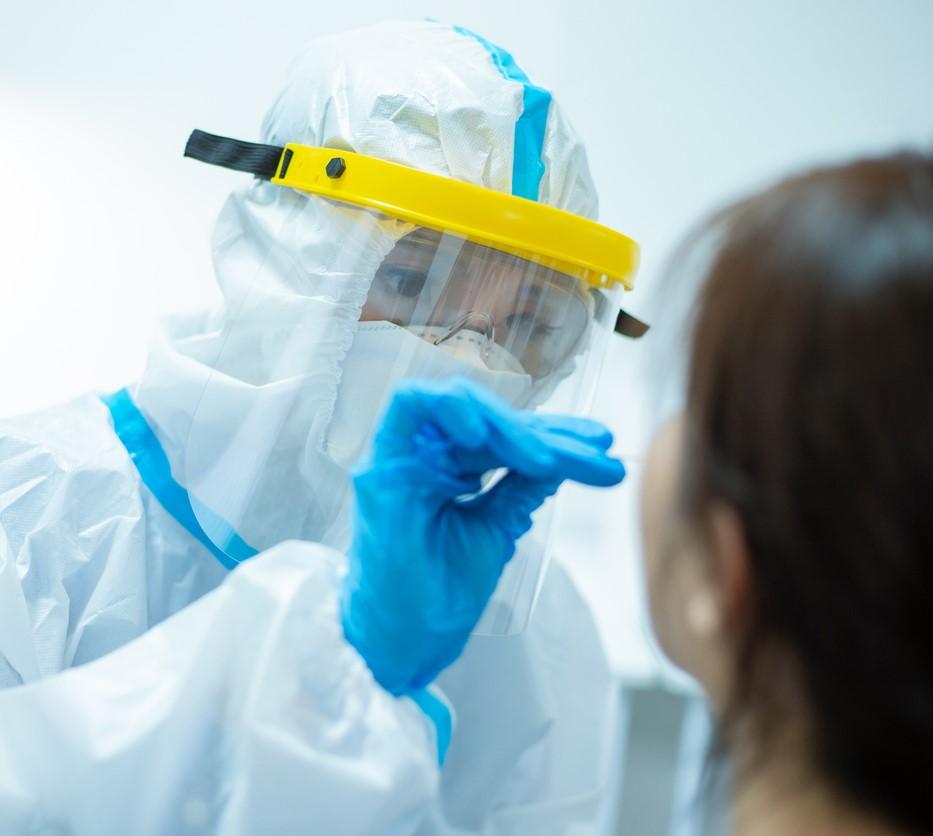Countries in multiple parts of the world reported new daily records for COVID-19 cases, with the latest regulatory assessments of a link between the AstraZeneca-Oxford vaccine and rare blood clot conditions continuing to trigger more precautions across more nations.
Record highs in several countries
Though much of the attention surrounding recent surges has focused on Brazil, other countries in South America are reporting record activity. Argentina yesterday reported 22,039 cases, above the daily new case record it set the previous say, according to Reuters.
The country's president, Alberto Fernandez, announced new measures to slow the spread of the virus, including a night curfew and temporarily shuttering of nightclubs and other entertainment venues in the hardest-hit areas.
In Uruguay, Argentina's neighbor to the east, officials reported nearly 4,000 new cases—a single-day high—yesterday, and the country's president, Luis Lacalle Pou, extended the current COVID measures until Apr 30, according to CNN. Uruguay's intensive care unit occupancy is at 74%.
Peru yesterday reported a record daily high for deaths, with health ministry officials revealing this week that the P1 SARS-CoV-2 variant has been detected in all parts of the country, especially in areas bordering Brazil and in Lima, according to CNN.
In other regions of the world, India reported a record 126,198 cases yesterday, with nearly 60,000 from the hot spot, Maharashtra state. In Europe, Turkey yesterday reported a record 54,740 cases, and in the Middle East, Iran reported more than 22,000 cases over the last day, a record high, in an outbreak described as explosive and occurring in the wake of Persian New Year celebrations.
AstraZeneca findings prompt more vaccine policy changes
Yesterday, three global vaccine advisory groups, including the European Medicines Agency, said their latest findings suggest a possible link between the AstraZeneca vaccine and rare blood clots, urging more study into the possible mechanism and shedding light on what groups are most at risks for the rare side effects. All reiterated that the benefits of the vaccine largely outweigh the risks.
Following the closely watched developments, Australian officials announced that people younger than 50 should get the Pfizer-BioNTech vaccine and that people in that age-group should receive only a first-dose AstraZeneca vaccine if the benefits clearly outweigh the risk, according to Reuters. However, they added that those who received their initial AstraZeneca vaccine with no adverse events can safely receive their second dose.
In related developments, the Philippines suspended use of the AstraZeneca vaccine in people younger than 60, and Spain announced a similar step.
In other global headlines:
- Over the past 42 days, the COVAX program has delivered more than 38 million COVID-19 vaccine doses from three different producers to 100 countries, the World Health Organization and its partners said today.
- The global COVID-19 total passed 133 million cases and is at 133,499,369 with 2,893,583 deaths, according to the Johns Hopkins online dashboard.






















